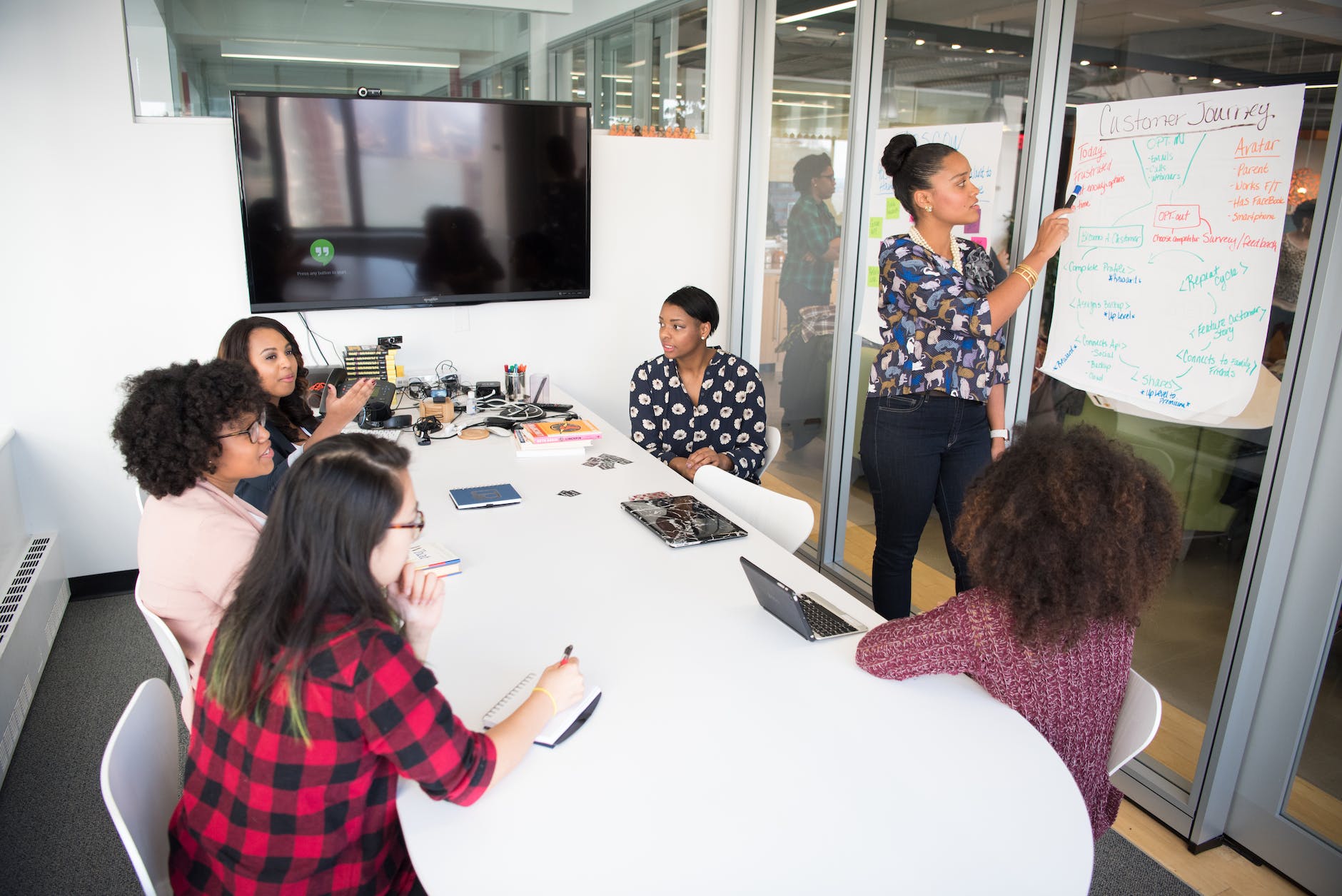There are a lot of things you supposedly cannot do when pregnant. This includes a long list of foods and drinks that are supposedly dangerous for your baby if you consume them. Whilst many people like to list these forbidden foods and drinks, few people can offer the facts to back up why exactly these foods are dangerous. Are they all just old wives tales or are they all truly best avoided? Here are just five of the most common pregnancy diet myths debunked.
Seafood
Some people treat seafood like a poison when pregnant, especially raw fish. There’s little scientific proof to suggest that there’s any real danger. A lot of fish contains mercury, a chemical believed to increase the risk of neurological problems and cancer in infants. However, scientific studies into theeffects of seafood on pregnant women suggest that high levels of selenium in fish cancel out any negative impact that mercury could have. Some fish have higher levels of mercury than others such as tuna – but really you’d have to be eating more than two tuna steaks a week to be at any risk. As for the idea that raw fish is worse, it may upset your stomach due to a higher risk of containing tiny worms, but is unlikely to have any impact on your baby.
Cheese
Cheese lovers should take some caution – there are abacteria in some cheeses called listeria, which has been linked to miscarriages and stillbirths. The risk is low but the possible impact is severe. Thankfully, not all cheeses contain listeria – cheddar, stilton, feta, mozzarella, and halloumi are all safe (although you should check in all cases that they’re made from pasteurized milk). It’s cheeses such as camembert, brie, Roquefort and gorgonzola that you should be careful of.
Peanuts
Scientific studies suggest that peanuts are ok to eat during pregnancy. In fact, some studies have gone so far as to suggest that eating peanuts could actuallyprevent your child having a peanut allergy. Unless you yourself are allergic to peanuts, there’s probably little reason to avoid them.
Alcohol
The jury is still out when it comes to alcohol. There are some common infertility concerns surrounding alcohol including a higher risk of miscarriage and a lower chance of conceiving. In most cases, scientific research suggests that binging or drinking alcohol daily should be avoided as this is when problems are most likely to occur. There’s conflicting evidence suggesting that drinking in moderation (a couple drinks a week) does any harm, so really it’s up to personal preference. Doctors will generally recommend no more than one glass of red wine a week to be extra safe – those wanting to be totally safe may want to avoid alcohol entirely.
Caffeine
Many also dispute whether caffeine is dangerous. Like alcohol, it’s something you want to be had in moderation, as drinking excessive amounts of caffeinated drinks can contribute to a low birth rate. Most doctors recommend no more than 200 mg of caffeine. Your average cup of coffee has 140 mg, whilst tea has 75 mg.






3 Responses
whoah this blog is wonderful i really like reading your articles. Keep up the great paintings! You realize, a lot of people are hunting round for this info, you could help them greatly.
Great selection of modern and classic books waiting to be discovered. All free and available in most ereader formats. download free books
I would like to thank you for the efforts you have made in writing this article. I am hoping the same best work from you in the future as well. In fact your creative writing abilities has inspired me to start my own Blog Engine blog now. Really the blogging is spreading its wings rapidly. Your write up is a fine example of it.